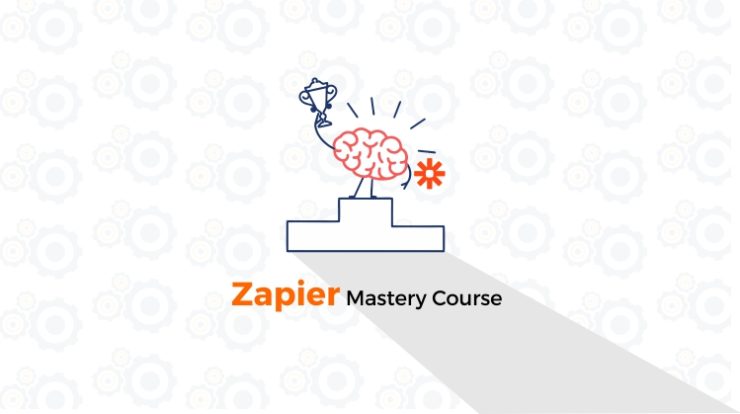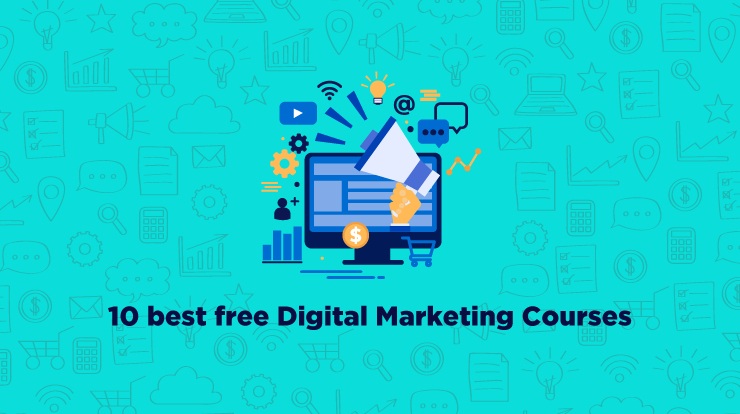
A century ago, could you imagine getting any information you want with a single click? God bless Alan Emtage, the inventor of the first ever search engine! In this article, I will talk about the importance of Search Engine Optimization (SEO) for product managers and MBAs.
SEO is a form of unpaid search marketing for increasing the visibility of a website for relevant searches, organically.
Search engines such as Google, use bots to crawl pages from the web, going from site to site collecting information about those pages and putting them in an index which uses various algorithms and accounts hundreds of ranking factors to determine the order pages should appear in the search result.

Source: www.searchenginejournal.com
SEO is of multiple types, On-page, Off-page and Technical SEO, now let us understand them in detail.
What is On-Page SEO?
On-page SEO is the practice of optimizing web pages to improve a website’s search engine ranking and earning organic traffic, in simple words making changes on your web page internally to improve its rank is called on-page SEO. It includes things like site structure, content, and speed optimization.
By improving multiple factors, on-page SEO can be improved.
1) Keywords:
Search engines conduct a keyword research while ranking web pages, keywords are words or phrases describing your product or service that help you determine when and where your page can appear.
- Keywords can be classified into two types,
- Primary keywords are the main word associated with your product and service, the major determinant of how you will be ranked, secondary keywords on the other hand, play a supporting role.
- Keywords can further be classified into Short tail and Long tail keywords, for example, let’s say you want to buy sports shoes, if you type “Sports Shoes” then this is a short tail keyword, If you type “White sports shoes for women”, then this is considered a long tail keyword.
- Long tailed keywords make the search more specific and hence results into more converts as compared to short tail keywords.

Source: blog.mailup.com
2) Title, Meta Description, URLs:
Title: is the heading you give to your web page, they help determine the relevancy of the web page and also let readers know what information will be present when a user clicks on the page.
URL: It is the link through which you go to the website, these help in improving the click through rate i.e., the users to click the link and go the website.
Meta description: It is a small summary of what a viewer will find if they click on the link. Again, very important for increasing click through rate, it draws readers to the website and makes it visible.
It is a must to have your keyword in all the three tools for better SEO practices.
3)Heading Tags:
- Headings help users and search engines to read and understand text, they act as signposts and is an important tool of SEO for product managers. They define, which part of the content is important and how they’re interconnected.
- These headings give text a structure- which means it becomes easy for the reader to scan through the article making it simple for them understand your message.
- Improves readability and gives the consumer a good experience while looking at the website or reading the blog
- Improves SEO by increasing the click through rate
4)Image Optimization by Alt Text:
- Adding images is a good way to make your page more appealing, but how does a search engine read the image?
- Alt text is a tool in SEO, where images are given keywords and descriptions to enable a search engine to read it and present your content on top.
- For example, I am writing this blog, what is the alt text that I’ll give to the pictures? It will on most occasions be the primary keyword, “SEO for Product Managers” that the search engine will read and direct the readers to my blog!
What is Off-Page SEO?
Everything that does not happen directly on your website, i.e., which is inorganic is called off-page SEO. Off page SEO although important does not create a long-term impact as compared to an on-page SEO.
Off-page SEO is about link building, social media, and local SEO, for example, If another blog-page has your blog’s link in its article as a reference, this this is called back-linking or link building and is a type of Off-page SEO.

Source: www.risingphoenixseo.com
Is SEO Important for Every Business?
No matter whether your company is small or a big company, new or old, if you have a website for your company SEO is extremely important for online marketing and the importance of SEO for MBA students cannot be emphasised on more.
With SEO you can control your rankings, visitors on website, which directly impacts how many leads you generate and online sales you get, and money you make, which gets us to the next topic, SEO for product managers.
Emergence of Product Management
Digital Product Management has emerged as a new function in the past few years with the growth of tech companies and products.
In the digital world, customer choice, low switching costs, social sharing, ratings, recommendations, making a great product matters more than ever.
A product management is a key function in delivering high quality digital products. Product managers figure out what products to make, getting those products made, and reporting back to how users respond to the product.
SEO for Product Managers and MBAs
You must be wondering, why am I linking SEO and Product managers?
To sell your product digitally, what is the first thing that you do? You get people to visit your website.
To get people on the website, you want your e-commerce website to delight the customers with great creative assets. But, you also need to give google enough semantically relevant content to get the page 1 rankings.
Balancing these two things is very difficult, especially when you want to sell a thousand products. Therefore, SEO is very important skill for a MBA graduate or a product manager.
This means, SEO can function better when deeply integrated into product building. Hence, we need a product manager to either hire SEO specialists for their team or learn it themselves
Ways SEO can be helpful for Product Managers
The real differentiator in SEO is that it deals about how to solve the user’s issue efficiently with as little friction as possible, thus, SEO for product managers is a very important factor and cannot be left to a separate department but would rather be a part of core product management team.
Landing Pages:
These days a landing page is a must for efficient business growth. It describes your product, benefits to users and attracts users to buy the product. What better than using optimizing SEO to increase visibility? Beautifying the page using Headlines, URLs, etc., will not only optimize SEO practices but will also make it user friendly in terms of readability.
Increasing crowd:
50-60% organic ranking on google is affected by factors like task completion, matching page to user intent, and mobile user experience. A product manager's ultimate goal is to maximise the sales of the product. And can use SEO as a tool to increase the crowd.
Competitors:
Products like FMCG products face a lot of competition. And to compete in the market product managers use SEO to compete with the competitors. Its done to rank their website and products better than that of competitors.
Customers:
SEO helps understand the customer needs, by seeing the click through rate, retention of customers on the page, conversion of customers, etc., The main responsibility of a product manager is to continuously improve the product by taking customer feedback, and SEO practices help us keep a track of it

Source: www.fiverr.com
SEO for Product Managers- Conclusion
In this article, I tried to capture multiple concepts like SEO, On-page, off-page SEO, importance of SEO. Especially curated for product managers and MBA students.
SEO is a form of unpaid search marketing for increasing the visibility of a website for relevant searches, organically.
The article talks about different parameters. Starting from on-page SEO, like, keywords, title, meta descriptions, headings, etc., to how SEO is the future and its importance for product managers.
With google getting more metrics to measure user experience, most of the web ranking signals will be linked to user experience and task completion. And that's a product management topic.
This means that SEO in future could be merged with product management functions. SEO for business students is therefore a very important tool to do well in the business.







